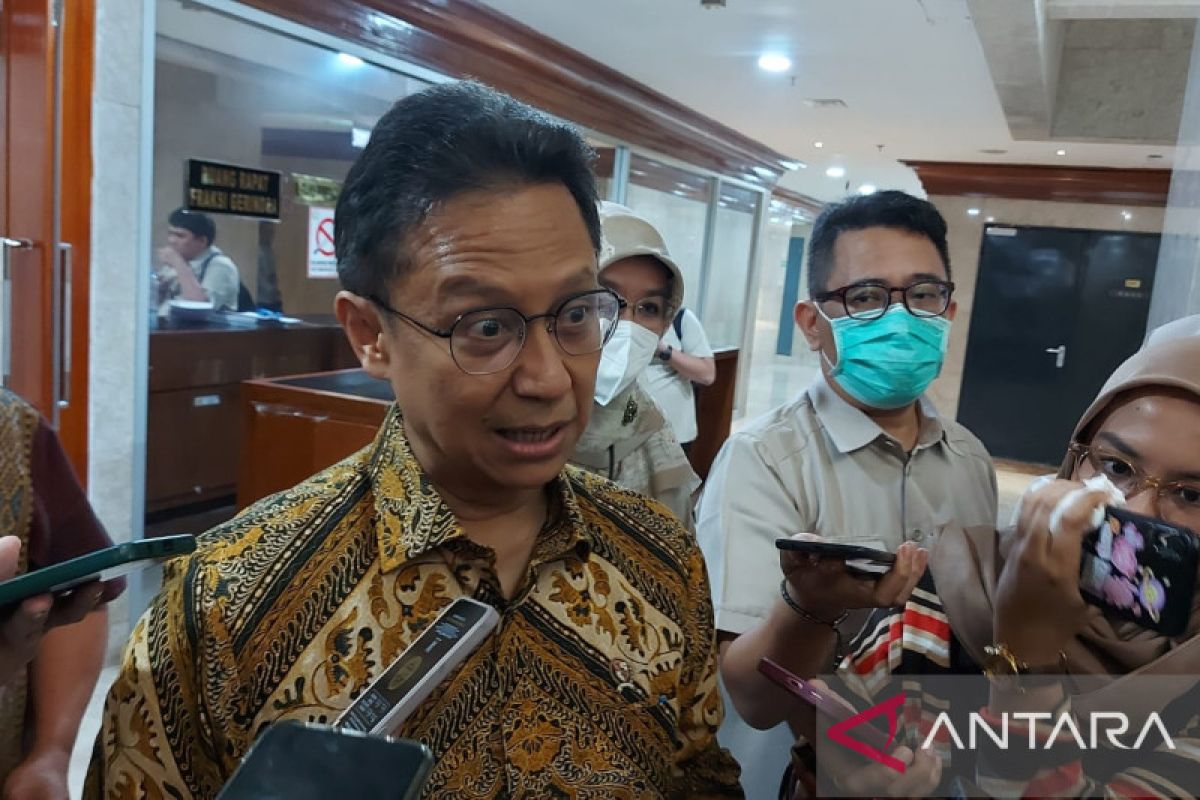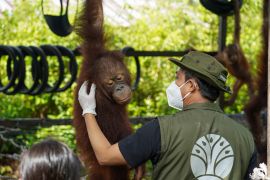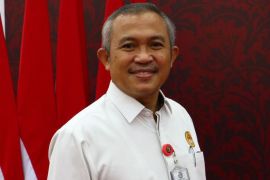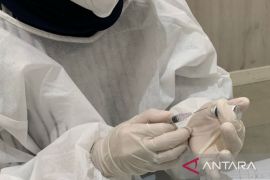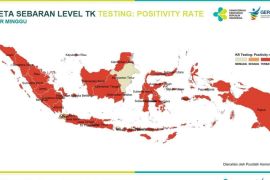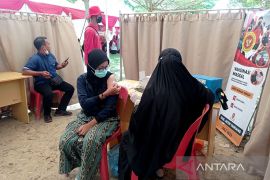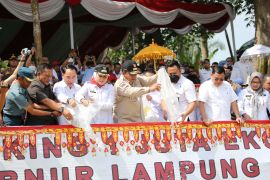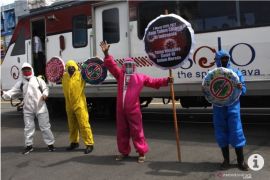"During the transition from pandemic to endemic, what will be important is the people's awareness regarding the disease. That will be crucial," he emphasized here on Monday.
People need to understand that the best approach to address the current situation is by addressing health issues, he pointed out.
An example of this is the situation with dengue fever, he said.
The government is neither coercing nor intervening on behalf of the people because they believe the public already understands that, during the rainy season, mosquitoes that cause dengue thrive.
In this situation, people know that the appropriate measures include minimizing outdoor activities, avoiding mosquito bites, and ensuring clean water inside their homes to prevent mosquito breeding, he said.
"All of this is common knowledge, so they know what to do and how to avoid it," he added.
Similar behavior needs to be applied to COVID-19 as well. The government intervenes in implementing health protocols when the health system is not functioning well, such as through the requirement to wear masks.
"The current policy relies on individual initiatives and responsibilities," he said.
He urged sick individuals to educate themselves about proper medication and seek immediate treatment to facilitate their recovery.
The situation regarding the endemic stage in Indonesia now depends on President Joko Widodo's decision to revoke the public health emergency status, as stated in Presidential Decree No. 11 of 2020.
"The President will make an announcement. He has already decided on the date. We just need to wait for him," Sadikin said.
Related news: COVID-19 pandemic greatest challenge of my presidency: Jokowi
Related news: Ministry, expert teams discuss future COVID-19 vaccination, isolation
Translator: Andi Firdaus, Fadhli Ruhman
Editor: Anton Santoso
Copyright © ANTARA 2023
